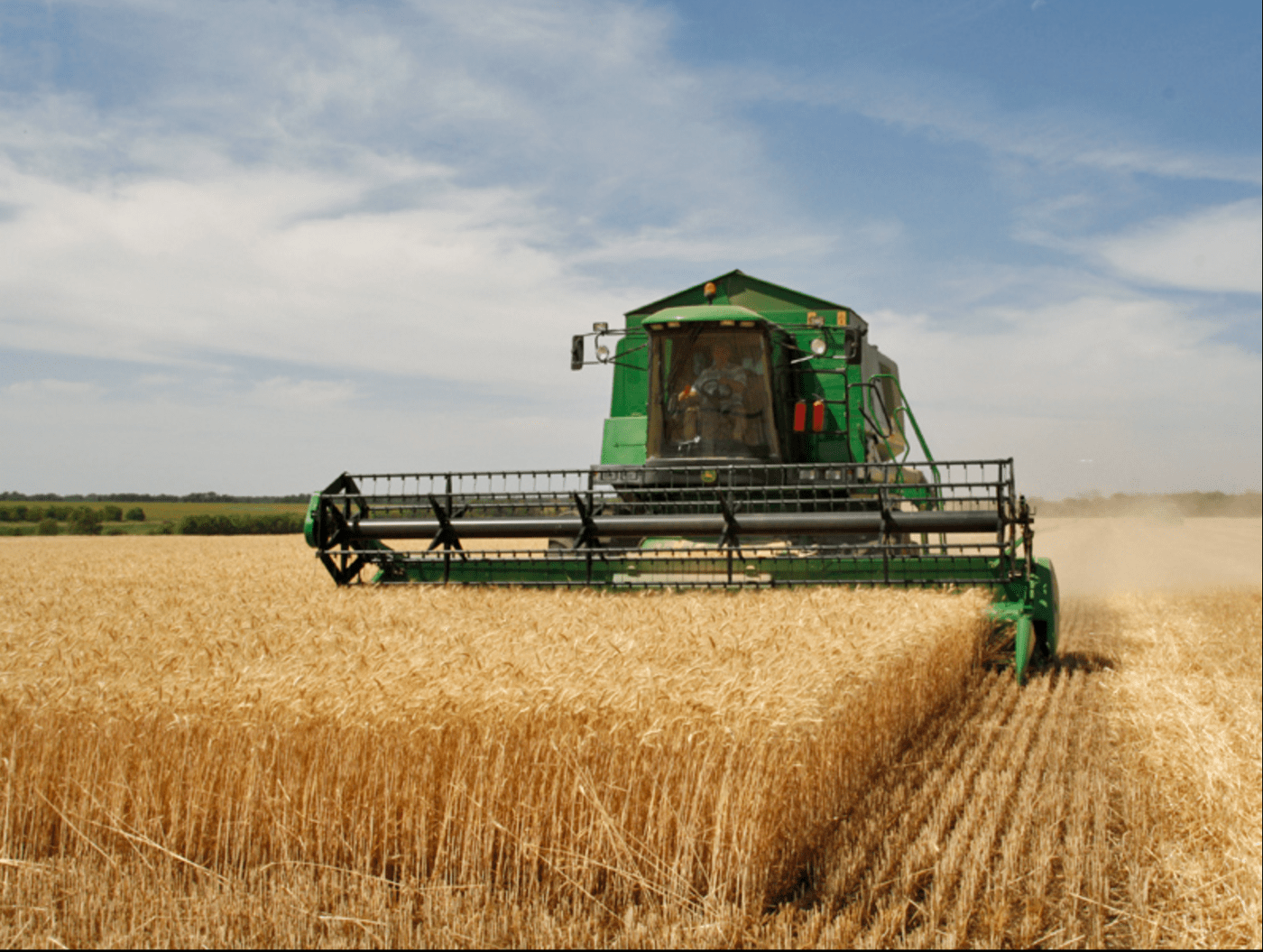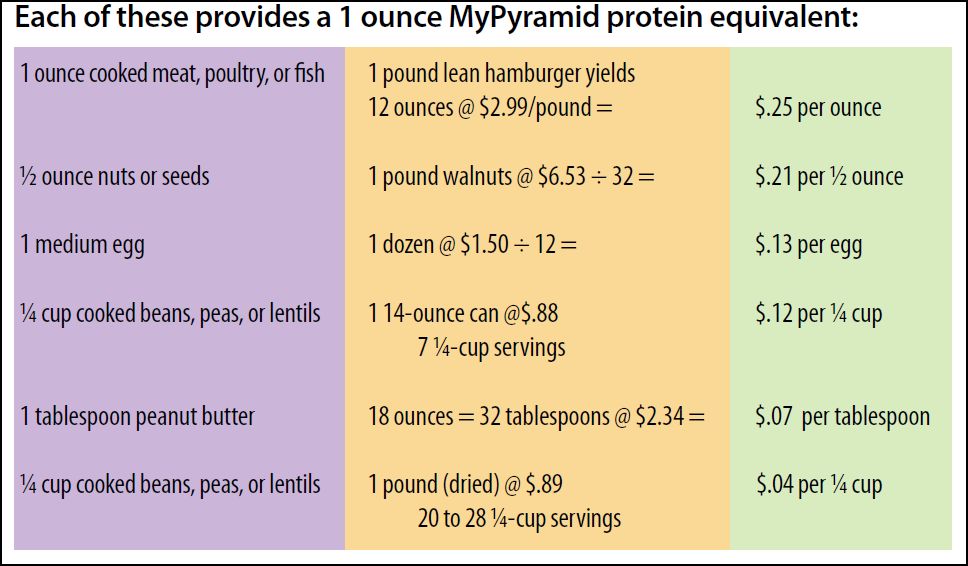Is Eating Plants as Morally Objectionable as Eating Animals? – Animal Rights The Abolitionist Approach
On my Facebook, Twitter, and Instagram pages, I often receive comments to the effect that we cannot morally distinguish animal foods from plant foods. Some comments are made by those who maintain that plants are sentient and, therefore, are not morally different from sentient nonhumans. This argument, which ranks up there with “But Hitler was a vegetarian,” is tiresome, pathetic, and silly.
But other comments equating eating plants with eating animals focus on the fact that mice, rats, voles, birds, and other animals are killed by machinery during planting and harvesting, as well as by the use of pesticides or other means to stop animals from consuming the seed or crop.
There can be no doubt that animals are killed in the production of plants.
But there is also no doubt that there would be many fewer animals killed if we were all vegans. Indeed, if we were all vegans, we could reduce the land used for agriculture purposes by 75{967bf23b37ec6a673a83041540b3f904a815b4119ddf673afb961c1e7592ebdd}. This represents a reduction of 2.89 billion hectares (a hectare is approximately 2.5 acres) and a reduction of 538,000 hectares for cropland, which represents 43{967bf23b37ec6a673a83041540b3f904a815b4119ddf673afb961c1e7592ebdd} of total cropland. Moreover, animals are harmed on pastures as well as cropland because grazing results in small animals being more subject to predation. Grazing does exactly what farm equipment does: reduces tall grass to stubbles and animals are at greater risk of pedation. Many are killed as a result of pasturing.
At the present time, we kill more animals in crop production than we would if we were all vegans, we kill animals as part of pasturing domesticated animals, we kill animals in order to “protect” domesticated animals (until we can kill them for our economic benefit) and we then deliberately kill the billions of animals we raise for food. So, if we were all vegans, the number of animals other than domesticated animals killed would be drastically reduced.

This is not to say that we do not have an obligation to reduce any harm to animals to extent that we can. All human activity causes harm in one way or another. For example, we crush insects when we walk even if we do so carefully. A key tenet of the South Asian spiritual tradition of Jainism is that all action at least indirectly causes harm to other beings and observance of ahimsa, or nonviolence, requires that we minimize that harm when we can. To the extent that there are any deaths caused deliberately in the production of crops, and are not just incidental or unintended, that is most definitely wrong morally and it should stop. It is, of course, unlikely that we will stop causing these deaths as long as we are all still killing and eating animals. If we were vegans, I have no doubt that we would devise more creative ways to produce the smaller number of plant foods we would need that did not involve the use of pesticides or other practices that resulted in the deaths of animals.
But most of those who make the argument that eating plants and eating animals is the same argue that even if we eliminate all deliberate harm, there will necessarily still be harm to a significant number of animals from crop production and, therefore, plant foods will always involve killing animals and, therefore, we cannot meaningfully distinguish between animal foods and plant foods.
This argument is nonsensical as we can see from the following hypothetical:
Imagine that a there is a stadium where nonconsenting humans are subjected to gladatorial-type events and they are deliberately slaughtered for no reason other than to satifsy the perverse whims of those who like to watch the killing of human beings.

We would regard such a situation as being obscenely immoral.
Now let’s imagine that we stop this horrible activity and shut down the operation. The stadium is demolished. We use the land on which the stadium existed as part of a new multi-lane highway that could not have existed if it were not for the land on which the stadium previously existed. There are a large number of accidents on this highway, as there are on any highway, and there are a significant number of deaths.

Would we equate the unintended and incidental deaths on the road with the deliberate deaths caused to provide entertainment in the stadium? Would we say that these deaths are all morally equivalent and that we cannot morally distinguish deaths caused in the stadium from deaths caused on the road?
Of course not.
Similarly, we cannot equate unintended deaths in crop production with deliberate killing of the billions of animals we kill annually so that we can eat them or products made by or from them. These killings are not only deliberate; they are wholly unnecesary. It is not necesary for humans to eat animals and animal products. We eat animals because we enjoy the taste. Our killing of animals for food is similar to the killing of humans in the stadium in that both are done to provide pleasure.
Those who argue that eating animal products and eating plants is the same respond: “The field mice, voles, and other animals end up dead as a result of plant agriculture. We know with certainty that their deaths will occur. What difference does it make whether the deaths are intended?”
The answer is that it makes all the difference. We know with certainty that there will be deaths on a multi-lane highway. You can keep the speed on the lower side but there will always be some accidental deaths. But we still generally distinguish between those deaths, even if they involve some culpability (such as careless driving), and murder. Indeed, no sane person would question that differential treatment.
We certainly ought to do whatever we can to engage in plant production that minimizes any harm to nonhuman animals. But to say that plant production is morally the same as animal agriculture is to say that the highway deaths are the same as the deliberate slaughter of humans in the stadium.
There really aren’t any good excuses. If animals matter morally, veganism is the only rational choice and is a moral imperative.
And by the way, Hitler was not a vegetarian or vegan and what difference would it make if he were? Stalin, Mao, and Pol Pot ate a great deal of meat.
This essay was also published on Medium.com.









